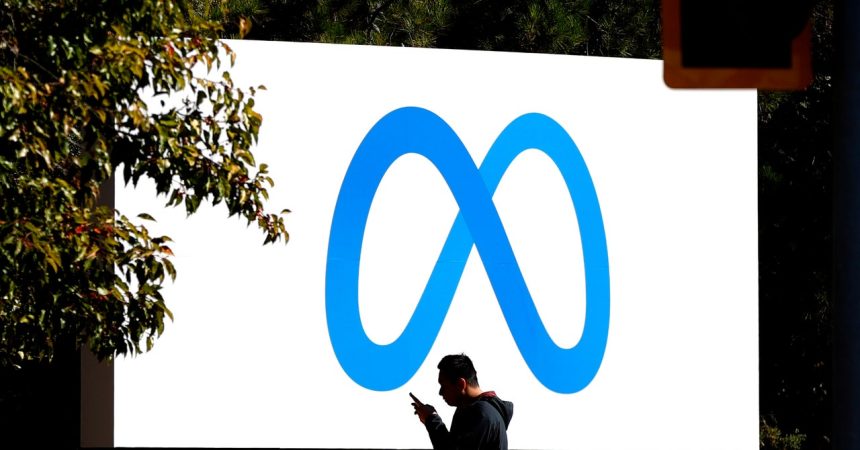Mark Zuckerberg, CEO of Meta, recently unveiled a series of policy changes, mirroring Elon Musk’s approach to content moderation on X (formerly Twitter), raising concerns about the future of online information integrity. These changes include the adoption of a Community Notes-style feature, the relocation of Meta’s trust and safety team, and a declared commitment to combating perceived censorship by governments. Zuckerberg’s moves have drawn sharp criticism from experts and activist groups who argue that these changes will exacerbate the spread of disinformation and hate speech, effectively signaling a “race to the bottom” in content moderation.
The core of Meta’s new approach revolves around the implementation of Community Notes, a crowdsourced fact-checking system inspired by X’s similar feature. This system relies on volunteer contributors who annotate potentially misleading posts with additional context. These annotations, however, only become visible if a diverse group of other volunteers approves them. Zuckerberg claims this system promotes unbiased ratings and mirrors the successful implementation on X. Critics, however, point to the documented failures of Community Notes on X, where it has not only failed to curb disinformation but, in some cases, amplified harmful content. This raises serious concerns about the effectiveness of replicating this system on Meta’s platforms.
Coupled with the Community Notes feature is the relocation of Meta’s trust and safety team from California to Texas, a move Zuckerberg frames as promoting impartiality and reducing perceived bias. Critics, however, see this relocation as a politically motivated decision, aligning with a broader trend of tech companies seeking more favorable regulatory environments. Texas, also home to X’s headquarters, is known for its more relaxed approach to content regulation. This move raises concerns that Meta is prioritizing political appeasement over the crucial task of effectively moderating harmful content.
Further fueling criticism is Zuckerberg’s open criticism of governments in Europe and Latin America, accusing them of excessive censorship and stifling free speech. This stance, along with his publicized meeting with former President Trump and expressed intent to collaborate on pushing back against government regulation, signals a potential shift towards a more laissez-faire approach to content moderation. Critics argue that this rhetoric panders to certain political ideologies and undermines efforts to combat harmful online content, potentially creating a haven for disinformation and hate speech.
The overarching concern among critics is that Zuckerberg’s policy changes represent a significant departure from responsible content moderation. The Real Facebook Oversight Board, an activist group, calls this a retreat from “any sane and safe approach,” echoing concerns that Meta is prioritizing free expression, even harmful expression, over the safety and integrity of its platforms. By adopting a system proven ineffective on X and relocating its trust and safety team to a less regulated environment, Meta appears to be following X’s controversial path, potentially jeopardizing the fight against disinformation and contributing to a decline in online information quality.
The implications of these changes are particularly troubling for journalism, which is already grappling with the erosion of trust and the proliferation of misinformation. Nina Jankowicz, former Biden administration disinformation czar, warns that Meta’s move could be the “final nail in the coffin” for journalism. Newsrooms often rely on grants from Facebook for fact-checking initiatives, which in turn support other journalistic endeavors. Zuckerberg’s shift away from fact-checking, perceived as bowing to political pressure, could severely impact the financial viability of these initiatives, further weakening journalism’s ability to combat misinformation. The perceived prioritization of political alignment over combating harmful content sets a dangerous precedent for online platforms, potentially leading to a widespread decline in information quality and further eroding public trust in both online platforms and journalistic institutions.



